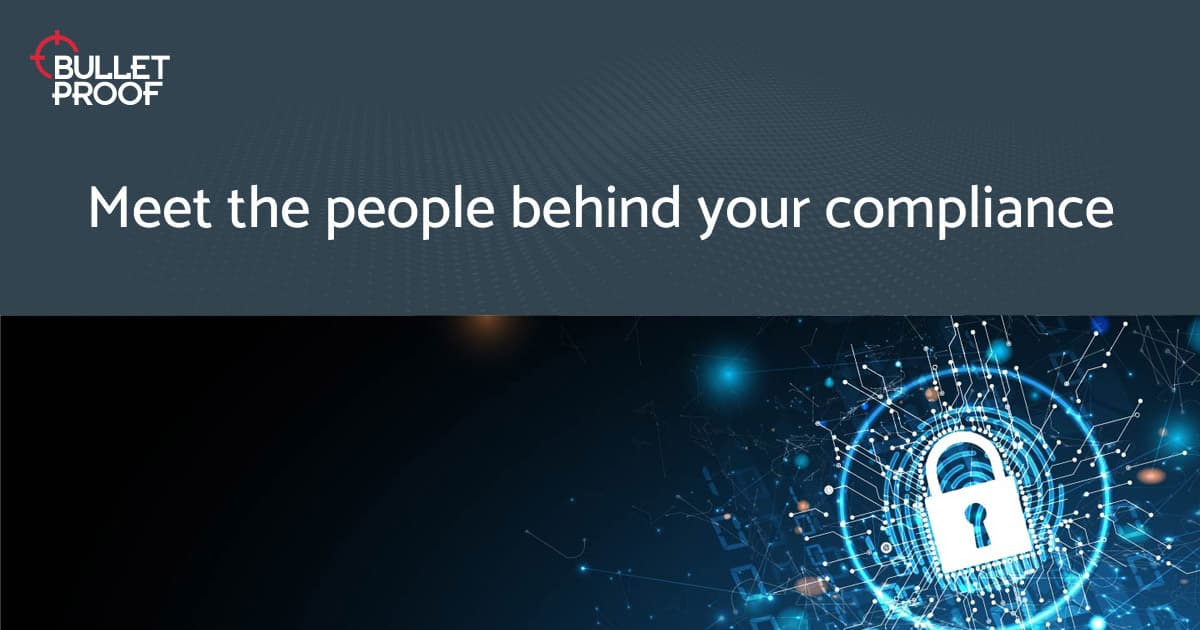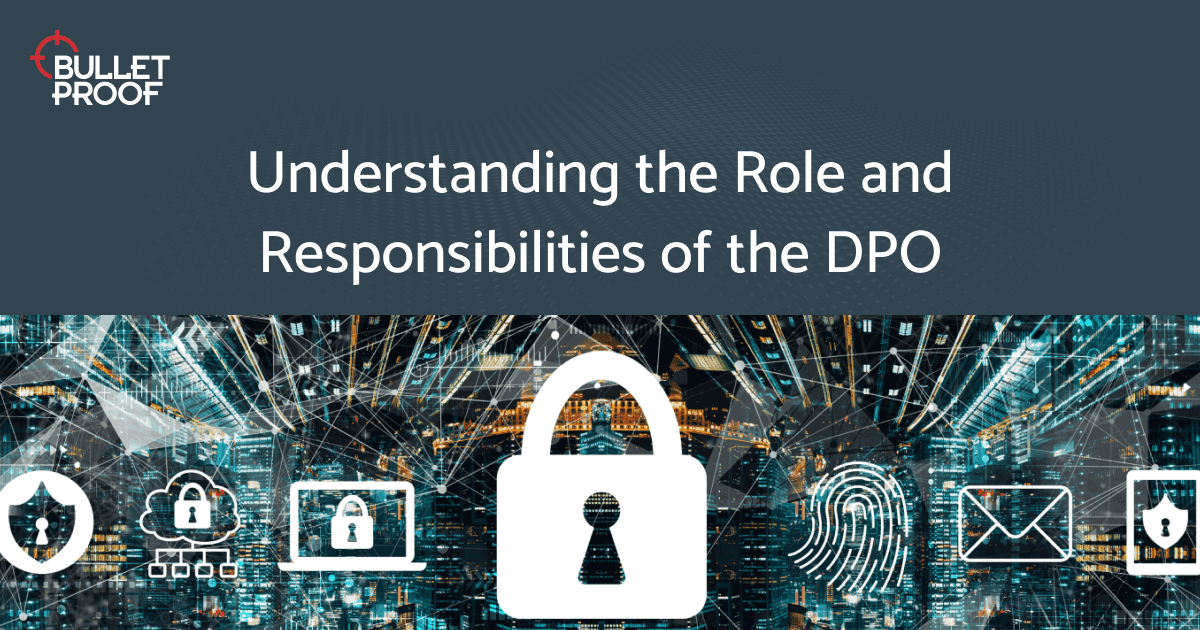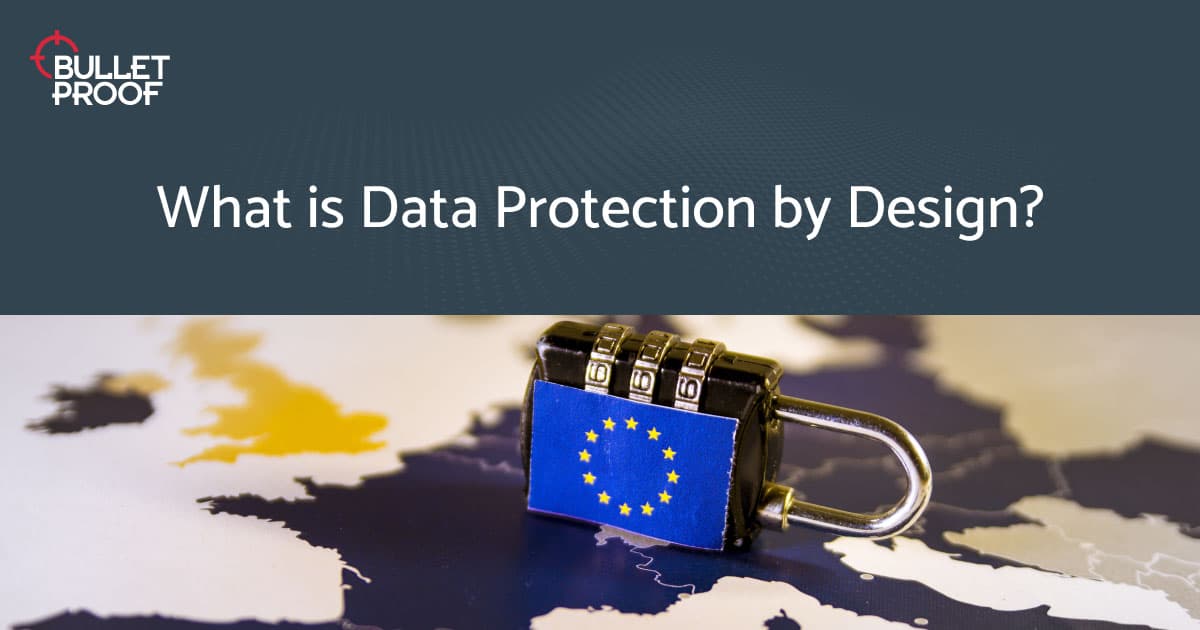Security measures for data protection
GDPR says you need to secure personal data
All of us take our personal security very seriously – after all, when was the last time you left your house without locking your front door? Sadly the same can’t be said for the care we take about our personal data – both our own, and that of other people. But personal data is an integral and unignorable fact of life, and we need to ensure we’re taking care of it in both our personal and professional lives.
When it comes to business, it’s not just ‘best practices’ or ‘doing the right thing’ that means you need to make effort to secure personal data – the GDPR (which applies in both the UK and the EU) says you must. And we all know you need to do what the GDPR says, otherwise you’re in-line for severe fines and ruinous reputational damage.
Practically every business processes personal data under GDPR – that’s increasingly what business is – and ‘processing personal data in a secure manner’ is a key principle of the GDPR. Security measures are required to protect the Confidentiality, Integrity and Availability (known as CIA) of personal data.
How can I secure my personal data?
All businesses should consider their unique threat profile and set security measures that are commensurate to their risk level. This doesn’t mean ‘doing the bare minimum – far from it – it means ‘make sure your security measures will actually be effective’. Inadequate security measures lead to breaches, and as mentioned above, that leads to fines and reputational damage – not to mention the harm to data subjects themselves.

What security controls should I use?
If you’re needing help implementing security controls for data protection, your best bet is to get some help. Lean on support from a trusted GDPR compliant security partner and use their skill and experience to make your journey to GDPR compliance as painless as possible. After all, they’ve seen all the challenges facing a range of businesses and already have the answers. But for businesses who want to DIY it, here are some top tips:
Implement an access controls policy and procedure
Ensuring restricted controls are in place for only authorised personnel
Mandate strong, unique passwords everywhere
Passwords are often your first line of cyber defence
Install anti-virus software and keep it updated
Ensure it’s installed on ALL devices that hold corporate data – even BYOD devices
Use firewalls
Attacks mostly come from the outside, so good network security is a no-brainer
Encrypt data at rest and in transit
It’s less impactful if a hacker gets their hands on data that’s been properly encrypted, as they won’t be able to read it
Regular vulnerability testing
To fix your security flaws you first have to find them – and that’s best done with a penetration test
Periodic reviews
Periodically evaluating the effectiveness of your technical and organisational measures is vital for ensuring the on-going security of the data processing
“A good tip is to use a compliance framework like Cyber Essentials to ensure you’re meeting the basics. This will make sure you’re covering the fundamental cyber security basics, plus it means your business can bid for additional MoD, NHS and Government contracts.”
Rebecca
All businesses should consider their unique threat profile and set security measures that are commensurate to their risk level
Case study: Data breach due to lack of security measures:

In late 2020, Ticketmaster UK was fined by the ICO following a cyberattack on a chat bot installed on their online payment page. Malicious code was entered into the JavaScript, resulting in a data breach. Names, payment card numbers, expiry dates and CVV numbers (which should never be stored) were breached, potentially impacting 9.4 million of Ticketmaster’s customers across Europe (including 1.5million in the UK).
The breach was a direct result of Ticketmaster not assessing the security risks of implementing a chatbot on their payment page.
Lessons learned:
Assess and document all risks associated to any changes in technology.
Test for vulnerabilities in your systems with regular penetration tests
Carry out supplier due-diligence with all third party suppliers. Data controllers will be held accountable for their negligence.

Looking for help with your security measures?
Taking it one step at a time and thinking about what you really need to implement is a great way to make security measures for data protection a manageable exercise. If you want some expert insight, reach out to our friendly compliance consultants – they’ve helped businesses like yours through these challenges before, so can start helping right away.
Learn moreRelated resources
Get a quote today
If you are interested in our services, get a free, no obligation quote today by filling out the form below.













